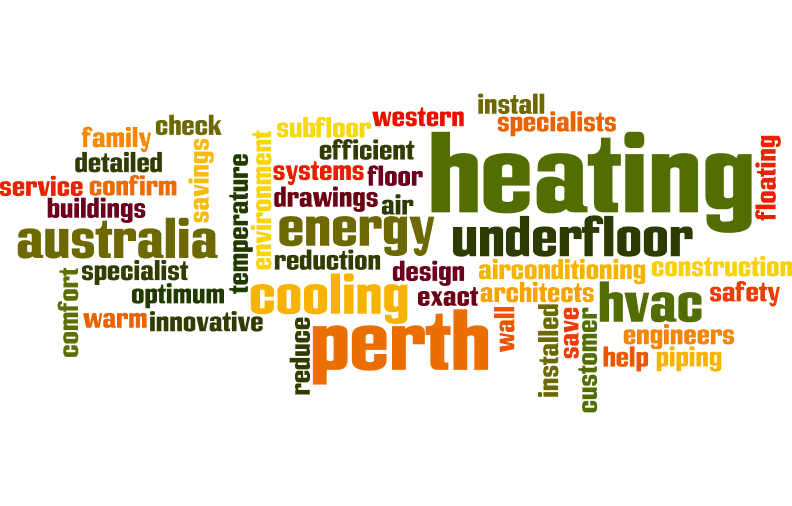When it comes to hot water systems, there are plenty of options available and it can be daunting to decide which one is right for you. Two of the most popular options for hot water systems are waste heat hot water systems and condensing hot water systems. But how do they compare to each other?
In this article, we’ll take a look at the differences between waste heat hot water systems and condensing hot water systems in terms of their energy efficiency, cost savings and other benefits. We’ll also touch on the importance of using experienced engineers and installers like Euroheat Australia when designing and constructing hydronic heating & cooling systems.
Energy Efficiency
Waste heat hot water systems are generally more energy efficient than condensing hot water systems as they make use of wasted energy from other sources such as boilers or radiators to help heat the water. This means that less energy is required to heat the water, resulting in lower energy bills. For example, a waste heat hot water system may be able to provide up to 50% savings on your annual energy costs compared to a traditional system.
On the other hand, condensing hot water systems are only slightly more efficient than traditional non-condensing models as they condense some of the exhaust gases from combustion in order to produce more heat for your home. While this does mean greater efficiency, it does not offer significant savings compared to waste heat hot water systems.
Cost Savings
Waste heat hotwater systems tend to be more cost effective in terms of upfront costs compared with condensing models due to their simpler design and fewer components required for installation. Additionally, you will also save money over time due to reduced energy bills thanks to their improved efficiency compared with traditional non-condensing models.
Condensing models tend to be slightly more expensive than traditional non-condensing models due to their complex design and additional components needed for installation which can add up quickly if you’re installing multiple units across your home or business premises. However, they are still cost effective solutions when taking into account long term savings thanks to their improved efficiency levels when compared with traditional non-condensing models.
Additionally, installing a Heat & Chill Recovery System (HCR) with either type of system can help reduce your running costs even further as it captures the waste energy produced by either type of system during operation and recycles it back into your home or business premises for further use – thereby reducing overall consumption levels even further! The Euroheat team have 30 years’ experience designing & constructing hydronic heating & cooling solutions including HCRs so why not get in touch with them today if you’re looking for a reliable team who can help make sure you get maximum value from your investment?
In summary, both types ofhotwater system have their own unique advantages but generally speaking wasteheathotwatersystems tendto bemoreenergyefficientandcosteffectivethancondensingmodelsduetotheirsimpleddesignandfewercomponentsneededforinstallation whilestillofferinglongtermenergybillsavingsduetotheirefficiencylevelscomparitivestotraditionalnon-condensingsystems Moreover installationofaHeat&ChillRecoverySystemwitheithertypeofsystemcanhelpreduceyourrunningcostsevenfurtherbycapturingthewasteenergyproducedbyeithersystemduringoperationandrecyclingitbackintoyourhomeorbusinesspremisesforfurtheruse -therebyreducingoverallconsumptionlevelsevenmoreso! Withthisinmindit’sworthspeakingtotheexperiencedteamateuroheataustraliawhohave30yearsexperienceinhydronicheating&coolingsolutionsincludingsuchHCRstomakeyoursureyougetmaximumvaluefromyourinvestment!





